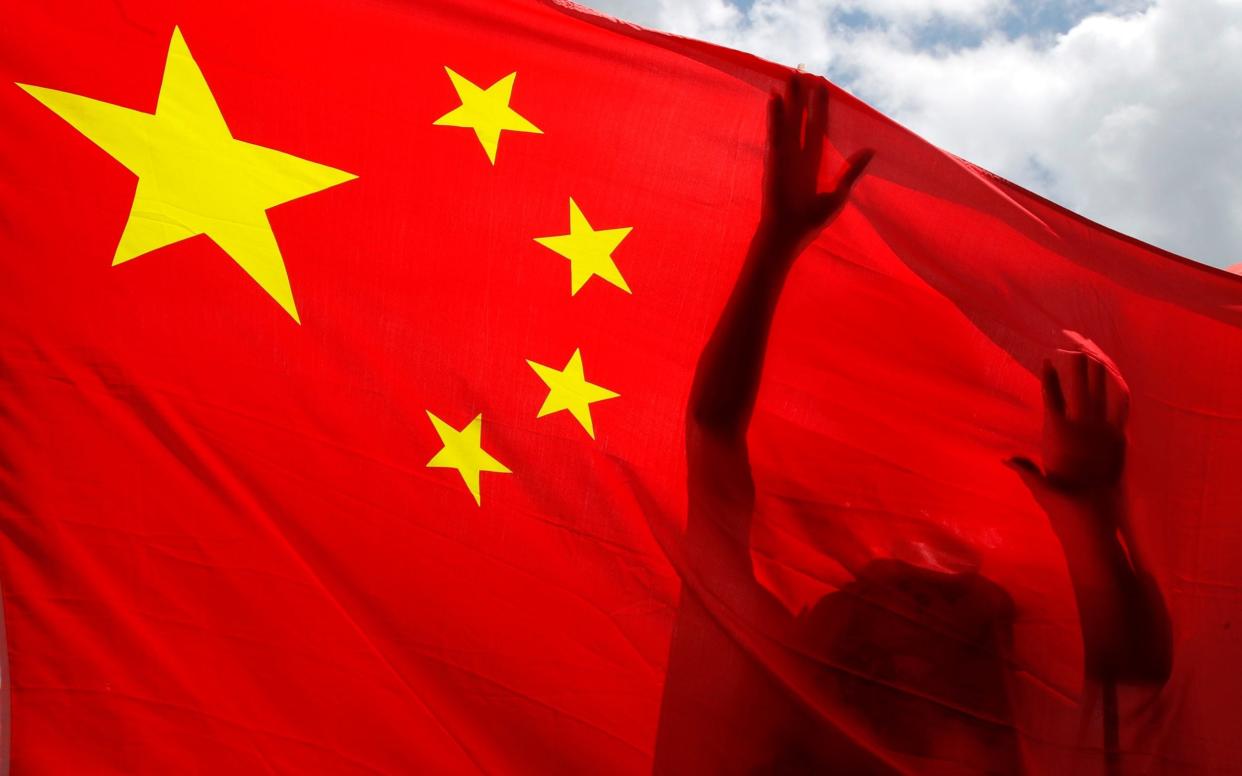Universities’ fear of offending China has 'risen dramatically' in recent years, leading scholar warns

Universities’ fear of offending China has “risen dramatically” in recent years, a leading scholar has warned, with academics increasingly “self-censoring”.
British higher education institutions are reluctant to get on the wrong side ofBeijing because this could have a negative effect on their recruitment of Chinese students or their research collaborations, according to Professor Kerry Brown, director of King's College London’s Lau Institute.
China has grown more “assertive” about intimidating its critics as attempts to be more “proactive about its global messaging”, he says.
Writers who criticise China can be subject to attacks on social by the “army of wumao activists” who are sometimes paid by the Chinese Government to abuse critics and defend China.
Writing a chapter in a collection of essay on UK Universities and China, published by the Higher Education Policy Institute (Hepi), Prof Brown said that “pre-emptive self-censorship” by academics is a growing problem.
“While it does show the general risk and nervousness about writing around issues like China, it does not show conclusively whether that nervousness is right or appropriate,” he said.
“What is clear is that in the last few years, the fear and anxiety of facing individual and institutional consequences for straying over the ever-shifting red line that manages to offend China has risen dramatically.”
Prof Brown argued that China is increasingly willing to “call out” those who criticise it.
“For universities, this can run the risk of impacting on the recruitment of Chinese students, or undertaking research collaborations with China,” he said.
“Universities like the University of Nottingham, which has a campus in Ningbo, have been viewed as particularly susceptible to having their interests directly impinged on if academics are critical of China.”
China now sends more students to the UK than any other country, with the number rising from 89,540 five years ago to 120,385.
Chinese students are an important source of income for universities because international students pay fees two to three times higher than UK students.
It comes as Huawei warned the UK that it risks its position as a global leader in 5G technology if it blocks the firm's involvement in network infrastructure.
Victor Zhang, the company’s vice president said: "This is a once in a lifetime opportunity for the UK to be a leader in 5G.
"But the restrictions imposed by the US potentially threaten that leadership and risk the UK moving into the technology slowly. More importantly, these restrictions may deepen the digital divide."
Earlier this week, Alok Sharma suggested that Chinese investment in Britain’s nuclear energy sector could be reviewed amid growing calls from senior Tories for a major reset in relations with Beijing.
With Boris Johnson facing calls to scale back China’s role in critical national infrastructure and industries, the Business Secretary said the Government would be “looking at all of this in the round.”
While Mr Sharma said he did not want to single out individual countries, he added that “all investments that are made in the UK” would be judged against criteria set out in existing legislation and a national security bill currently before Parliament.
A group of Conservative MPs campaigning against Huawei’s involvement in the UK’s new 5G network have signalled they would now push for greater scrutiny of Chinese investments in other sectors.

 Yahoo News
Yahoo News 
